A storm of public outrage has erupted following conflicting statements by Deputy Inspector General of Police Gilbert Masengeli, who on Sunday night flatly denied that Nairobi’s Central Business District (CBD) had been locked down ahead of Saba Saba demonstrations—despite overwhelming evidence of roadblocks and access restrictions.
Masengeli, speaking during a live interview, claimed that “everyone is allowed into the CBD,” maintaining that the government had not issued any orders to block movement. However, eyewitness accounts and reports from across the city directly contradicted his statement, pointing to heavy police deployments, impassable roads, and widespread disruption of both public and private transport.
Nairobi Brought to a Standstill
From as early as 6 AM, multiple key roads into the city—among them Waiyaki Way, Mombasa Road, Thika Superhighway, and Jogoo Road—were manned by armed police units. Commuters were forced to disembark from vehicles and walk long distances into the city centre, while others were turned away entirely. Several matatu operators suspended routes citing “unclear government orders” and fear of confrontation with police.
“We couldn’t access the CBD. Officers told us to use alternative routes or return home,” said a frustrated commuter stranded near Globe Roundabout.
Pedestrians attempting to enter the city on foot were allowed in after being searched, but businesses reported significantly lower foot traffic, with major retailers delaying opening hours.
Government Under Fire for Misinformation
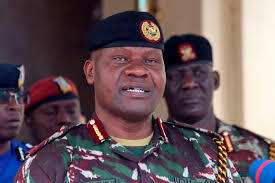
Masengeli’s claim that there were no movement restrictions has been met with sharp criticism, with human rights defenders and political observers accusing the state of gaslighting the public.
“The deputy IG’s comments are not only misleading, they are dangerous,” said Caroline Nduta of the Kenyan Civil Liberties Union. “What we witnessed on the ground was the systematic suppression of movement and freedom of assembly. To deny that is to insult the intelligence of Kenyans.”
Opposition leaders also weighed in, accusing the government of orchestrating a deliberate crackdown on constitutionally-protected protests while simultaneously denying responsibility.
Historic Day Undermined by Contradictions
Saba Saba Day—commemorating the 1990 pro-democracy march that reshaped Kenya’s political landscape—has long been a day of civil reflection and public protest. The decision to restrict access to the capital on such a day is being viewed by many as symbolic of growing intolerance within the Kenya Kwanza administration.
“The irony is stark,” said political analyst Peter Karanja. “On a day meant to honour Kenya’s democratic gains, the state is using the same tools of suppression that Kenyans rose up against decades ago.”
Growing Distrust in Security Agencies
As images and videos of deserted highways, empty matatu stages, and blocked roads continue to circulate online, pressure is mounting on the Ministry of Interior to issue a formal clarification and take responsibility for the confusion. So far, no senior official has corrected or supported Masengeli’s remarks, deepening concerns over disjointed communication within government ranks.
Analysts warn that such contradictions, especially during moments of national significance, may fuel deeper public mistrust in law enforcement agencies and damage the credibility of the state’s communication apparatus.
Looking Ahead
As protests continue to swell in parts of Nairobi and other cities, the government faces a pivotal test: whether it will acknowledge the truth on the ground or continue issuing denials in the face of hard evidence.
The contradiction between the police boss’s words and the lived reality of Kenyans may appear as a single incident—but for many, it reflects a broader crisis of transparency, accountability, and governance.


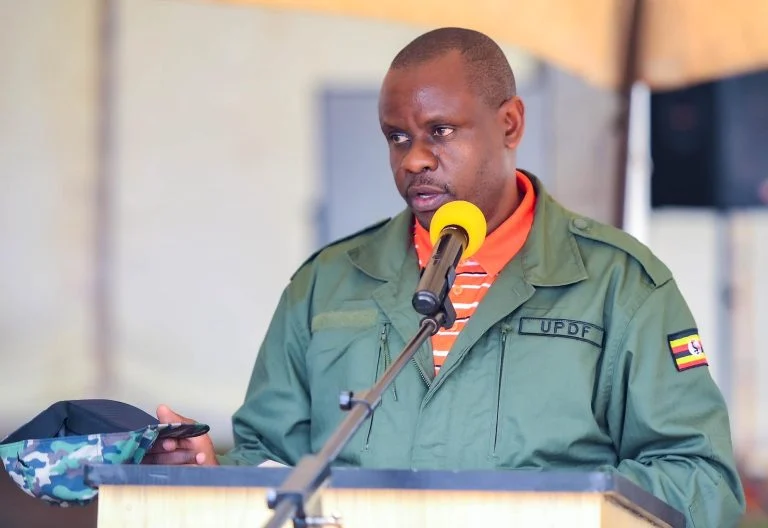

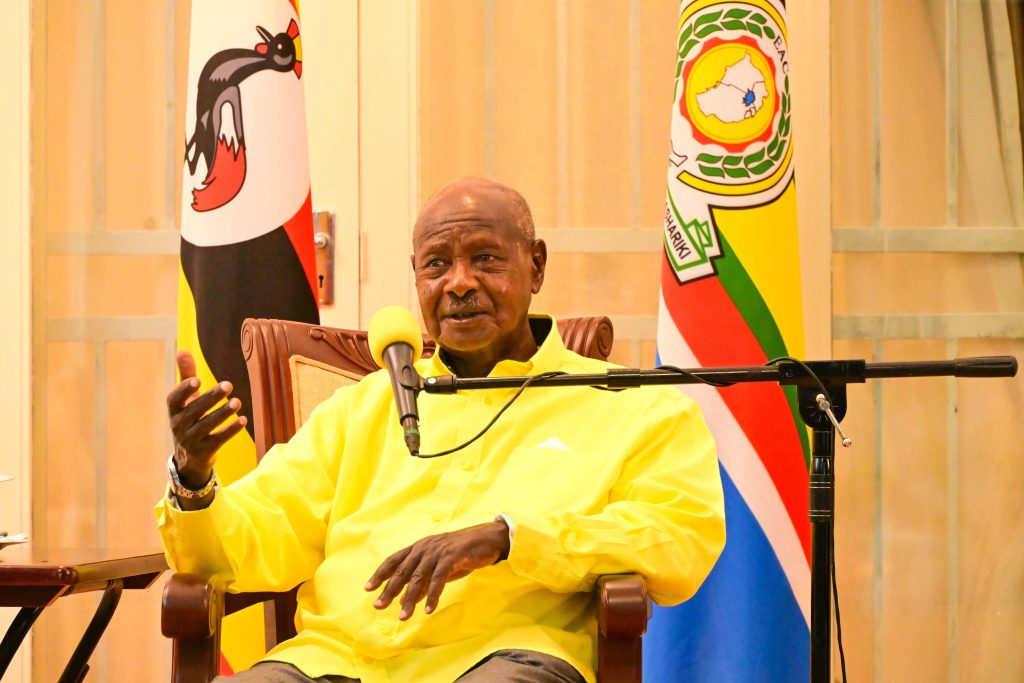
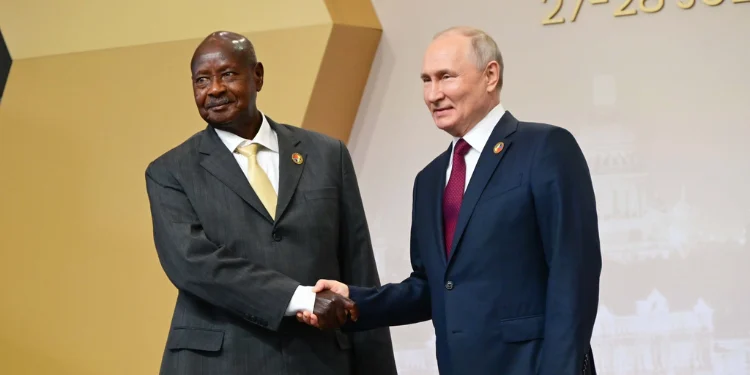
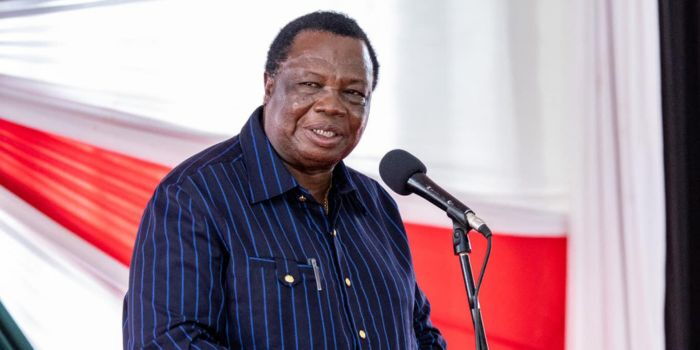
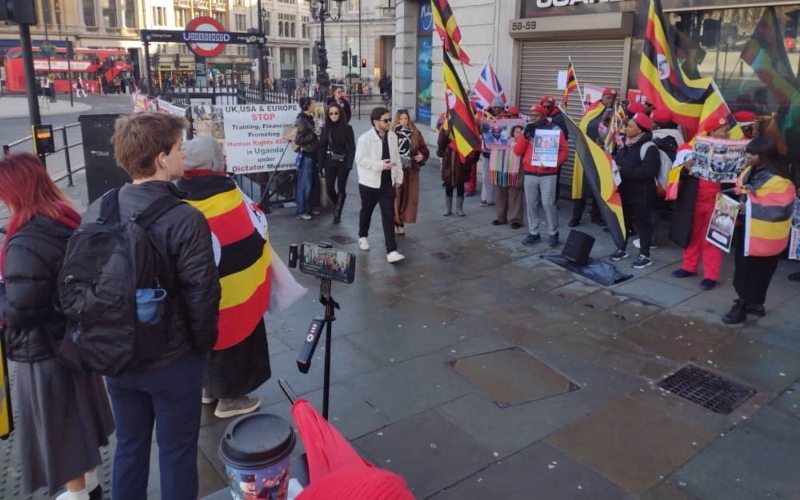
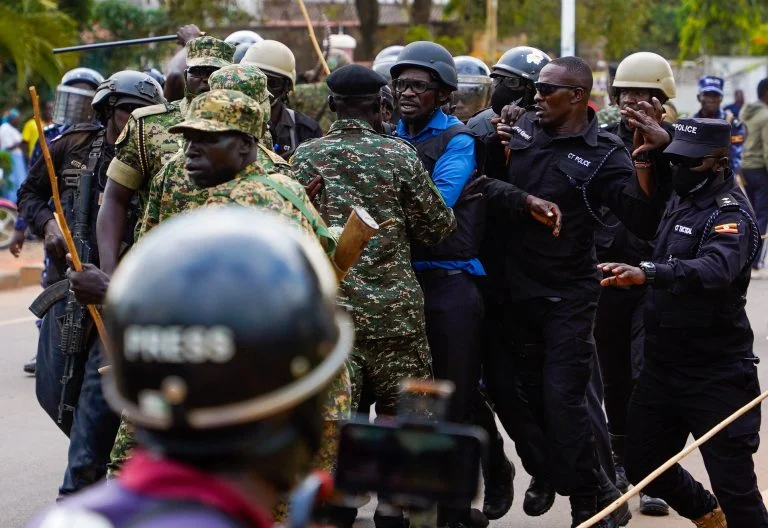
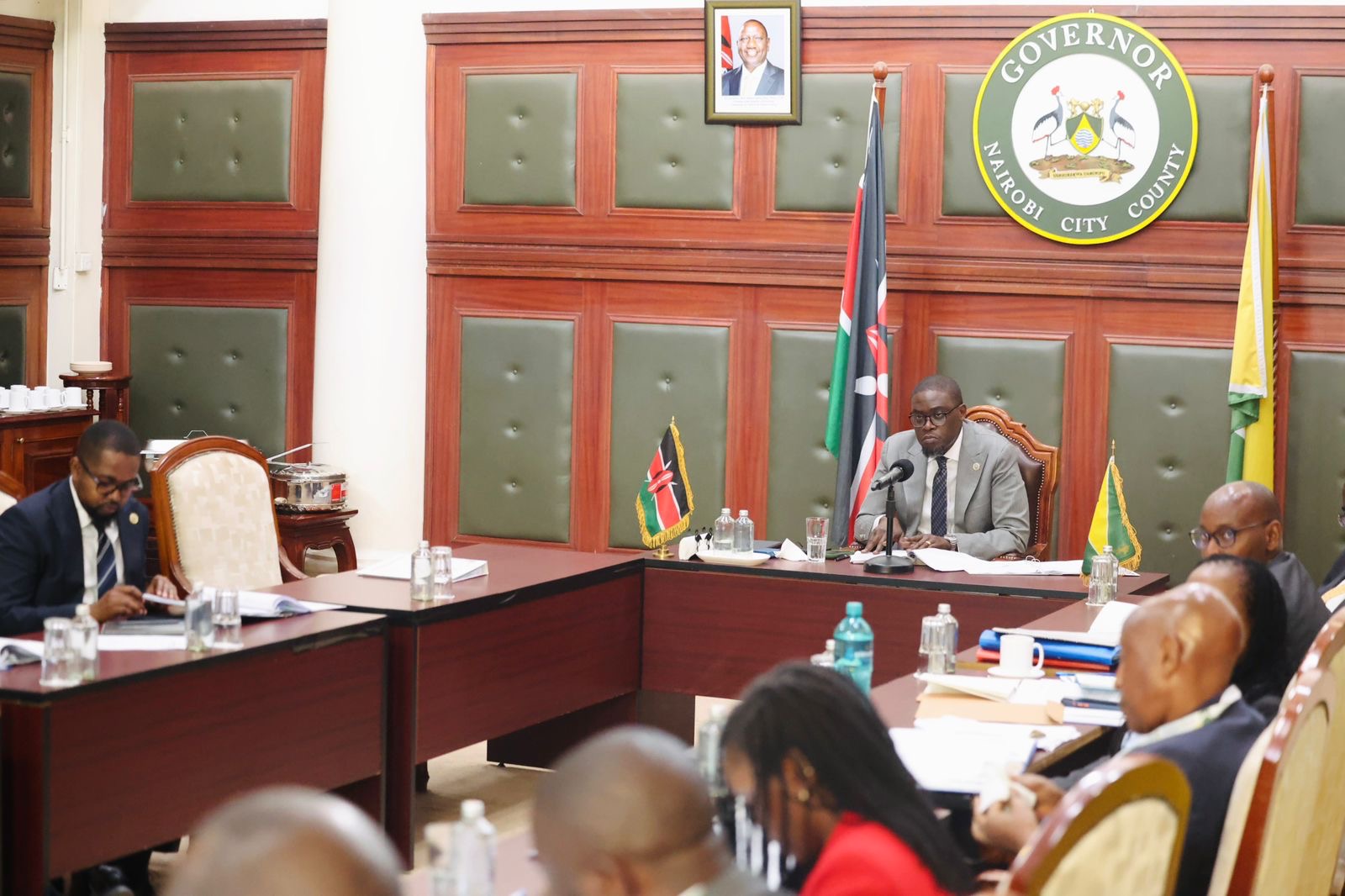
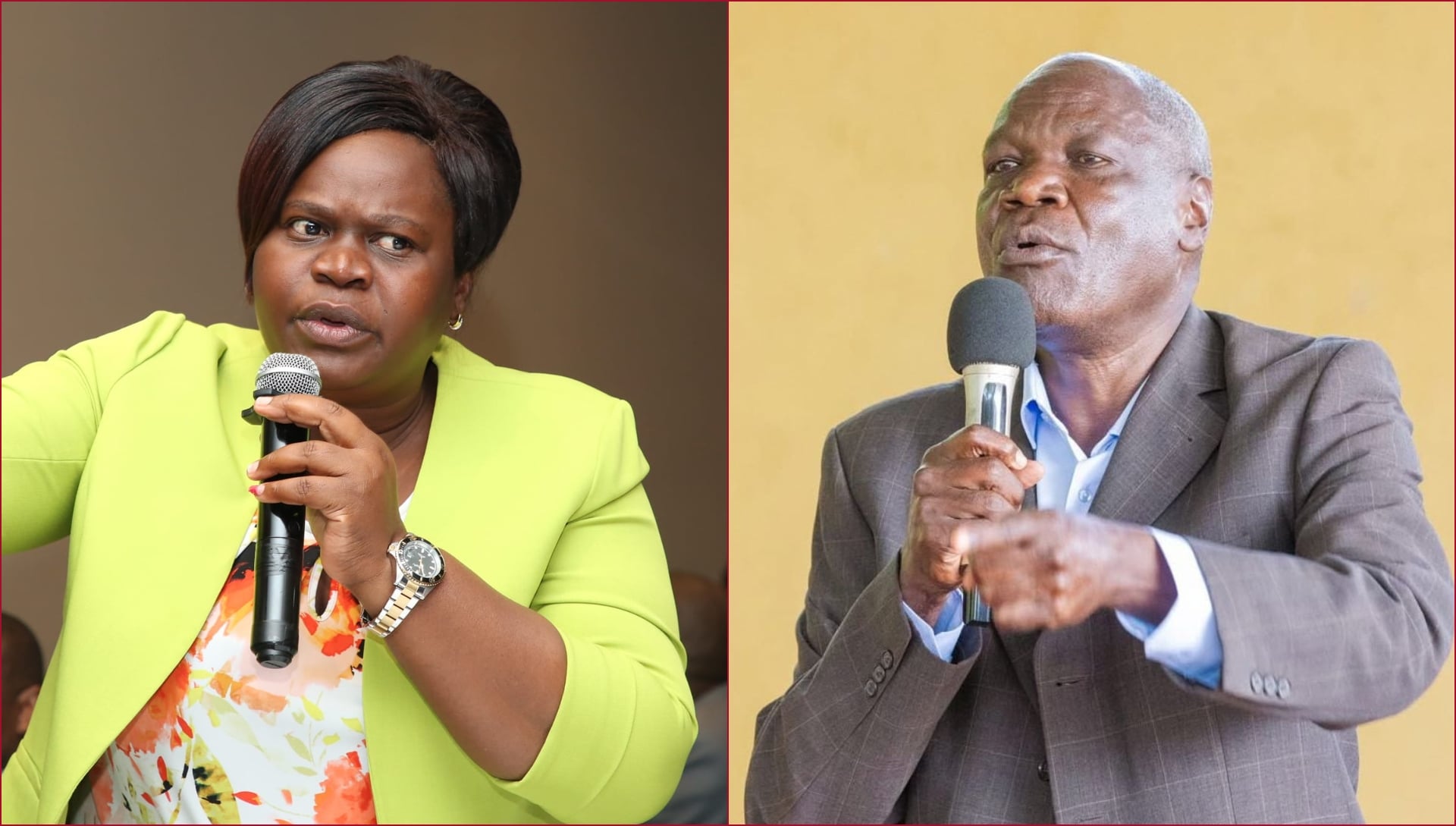
Leave a Reply